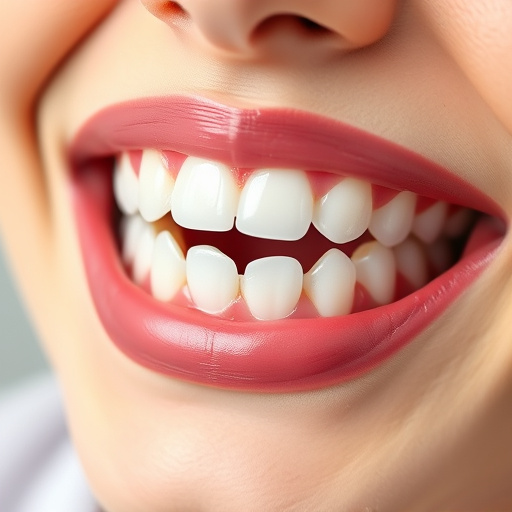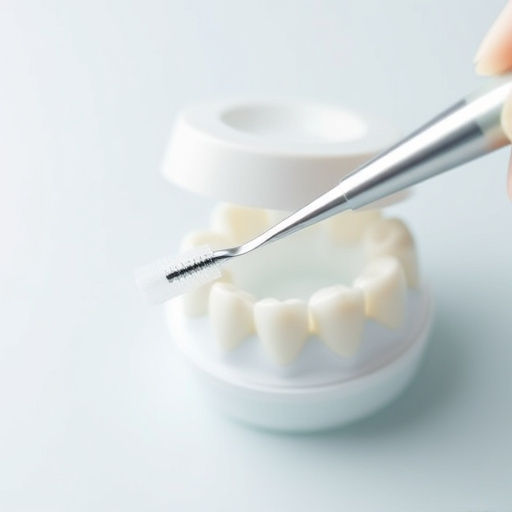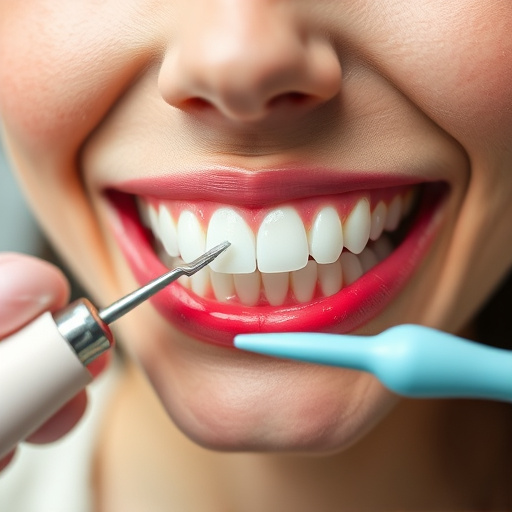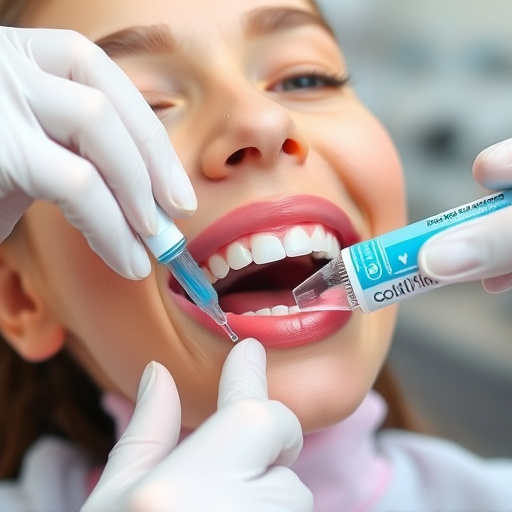Bad breath (halitosis) is caused by bacterial growth in the mouth producing volatile sulfur compounds. Treatment involves addressing underlying factors like poor oral hygiene, dry mouth, diet, and health conditions. Solutions include improved hygiene, specific mouthwashes, dietary changes (e.g., reducing sugar, incorporating garlic, yogurt), natural remedies (peppermint, tea tree oil, spearmint), and professional dental care for issues like tooth decay or gum disease. These measures provide a comprehensive bad breath treatment strategy.
Bad breath can be a persistent and embarrassing issue, but understanding its causes is the first step towards effective treatment. This article delves into the science behind bad breath, exploring how bacteria in your mouth contribute to that unpleasant odor. We provide targeted oral care routines and discuss natural remedies, empowering you with practical strategies for a lasting solution. Discover how to combat bacteria at source and bid farewell to bad breath for good.
- Understanding the Causes of Bad Breath
- Targeted Oral Care Routines for Effective Treatment
- Exploring Natural Remedies and Preventative Measures
Understanding the Causes of Bad Breath

Bad breath, or halitosis, is a common concern that affects many people. Understanding its causes is the first step towards effective bad breath treatment. The primary reason behind this issue is often bacterial growth in the mouth. Specific bacteria produce volatile sulfur compounds (VSCs), which have a pungent odor and are responsible for the unpleasant taste and smell associated with bad breath.
Various factors contribute to the proliferation of these bacteria, including poor oral hygiene, dry mouth, certain foods, and even systemic health conditions. Neglecting routine teeth cleaning and dental check-ups can lead to the buildup of plaque and tartar, providing an ideal environment for odor-causing bacteria to thrive. Even dental implants, crowns, or other restorative procedures might require specialized care to maintain proper oral hygiene and prevent bad breath.
Targeted Oral Care Routines for Effective Treatment

Exploring Natural Remedies and Preventative Measures

Bad breath treatment isn’t just about masking odors; it’s a multifaceted approach that targets the root cause—bacterial overgrowth in the mouth. Exploring natural remedies and preventative measures is a key aspect of this. Herbs like peppermint, tea tree oil, and spearmint have long been used for their antimicrobial properties, offering a soothing and freshening effect without harsh chemicals. Dietary adjustments play a significant role too; reducing sugar intake and incorporating garlic and yogurt can help fight bacteria naturally.
Beyond these remedies, maintaining good oral hygiene practices is essential. Regular brushing and flossing remove plaque buildup, where bacteria thrive. Additionally, seeking professional help from restorative dentistry or emergency dental care services can address any underlying issues like tooth decay or gum disease that contribute to bad breath. These measures collectively provide a comprehensive bad breath treatment strategy, promoting long-lasting oral health.














